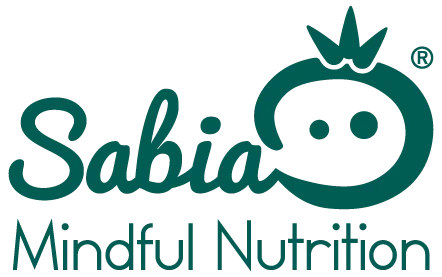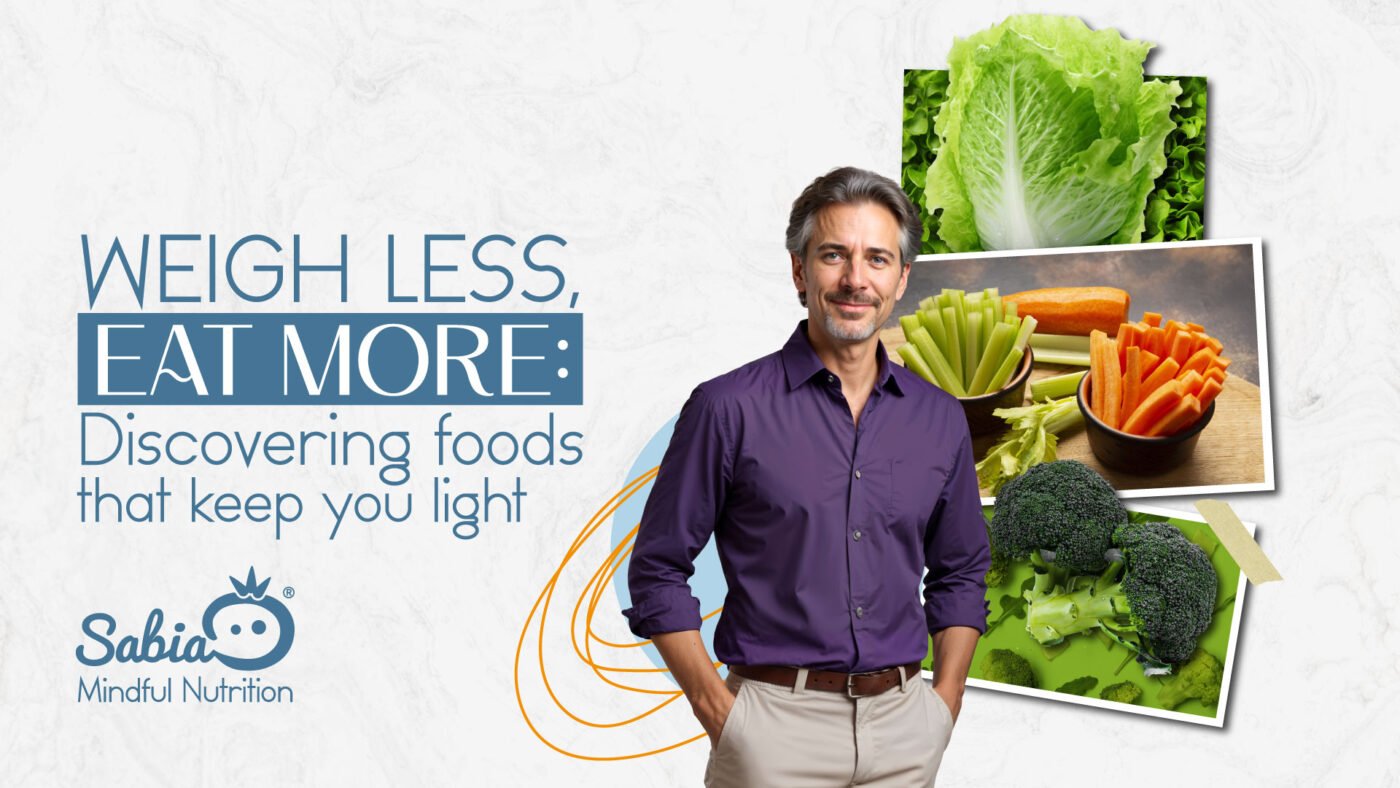Health, Nutrition, Uncategorized
Weigh Less, Eat More: Discovering Foods That Keep You Light
In the quest for a healthier lifestyle, many of us find ourselves constantly battling with food choices. The good news is that there are plenty of delicious options that won’t tip the scales. As Alexis Supan, an outpatient dietitian with the Cleveland Clinic Center for Integrative & Lifestyle Medicine, puts it, “Mostly any vegetable besides potato, corn and peas, you can eat endlessly.” This comprehensive guide will explore the world of low-calorie, nutrient-dense foods that you can enjoy without worrying about weight gain.
The Power of Non-Starchy Vegetables
When it comes to guilt-free eating, non-starchy vegetables are your best friends. These nutritional powerhouses are packed with essential vitamins, minerals, and fiber, while being incredibly low in calories. Here’s why you should make them a staple in your diet:
- Broccoli: With just 30 calories per cup, broccoli is a nutrient-dense option that’s rich in vitamin C and fiber.
- Cauliflower: This versatile veggie can be used as a low-calorie substitute for rice or mashed potatoes.
- Leafy Greens: “You can chow down on two entire cups of lettuce and consume less than 16 calories,” making leafy greens an excellent choice for voluminous eating.
- Tomatoes: “Because of its high water content, a whole tomato has a mere 22 calories,” making it a perfect addition to salads or as a snack.
- Mushrooms: A grilled portobello mushroom contains just 30 calories and less than 1 gram of fat, providing a meaty texture for vegetarian dishes.
As Beata Rydyger, a registered nutritionist based in Los Angeles, explains, “What makes them so incredible and so beneficial for weight maintenance and weight loss is they are high in macronutrients [such as carbohydrates] and micronutrients [vitamins and minerals]. And they’re rich in fiber.”
Fruits: Nature’s Sweet Treats
While fruits are generally healthy, some are better than others when it comes to weight management. “Keeping most fruits to a cup-and-a-half for the day is a good goal to have,” advises Supan. Here are some fruits you can enjoy more liberally:
- Berries: Strawberries, blueberries, and blackberries are high in fiber and antioxidants.
- Kiwi: This tangy fruit is low on the glycemic index and packed with vitamin C.
- Grapefruit: Known for its potential weight loss benefits, grapefruit is a refreshing, low-calorie option.
However, be cautious with high-sugar fruits. “Grapes are a perfect example. A lot of people love to snack on grapes and could eat the whole bag in an afternoon without really thinking about it. But grapes are a high-sugar food,” Supan warns.
Protein-Packed Options for Satiety
Incorporating lean proteins into your diet can help you feel full and satisfied, reducing the urge to overeat. “When people eat the right meals throughout the day, that tends to fill them up much more, and they don’t have that constant hunger,” Supan notes. Consider these options:
- Grilled Chicken Breast: A lean source of protein that’s versatile and filling.
- Fish: Rich in omega-3 fatty acids, fish like salmon and tuna are excellent choices.
- Tofu: A plant-based protein that’s low in calories and can absorb flavors well.
- Beans and Legumes: High in fiber and protein, these can be a great addition to salads and soups.

Smart Snacking Strategies
When hunger strikes between meals, opt for these low-calorie, nutrient-dense snacks:
- Hard-Boiled Eggs: Packed with protein and essential nutrients.
- Greek Yogurt: High in protein and probiotics, choose plain varieties to avoid added sugars.
- Air-Popped Popcorn: “A cup of plain air-popped popcorn” makes for a whole grain snack that’s low in calories when prepared without added fats.
- Cottage Cheese: Low in calories and high in protein, it pairs well with fruits or vegetables.
Hydration: The Unsung Hero of Weight Management
Don’t underestimate the power of staying hydrated. Often, thirst can be mistaken for hunger. Try these options:
- Water: The best choice for hydration, with zero calories.
- Herbal Tea: A flavorful, calorie-free alternative to sugary drinks.
- Bone Broth: As suggested in the original article, “Drinking a glass of water or having a cup of bone broth (which contains protein in the form of collagen) might also help fill you up before a meal.”
Making Sustainable Changes
Remember, the key to successful weight management is not about drastic restrictions but about making sustainable lifestyle changes. As Rydyger suggests, “That’s why I recommend for clients to start very slow. Make a few swaps each week, and see if that works. Maybe add one vegetable into a meal once a day. Starting very small and building your way toward a lifestyle change is important.”
Here are some tips to help you along the way:
- Start Small: Gradually incorporate more low-calorie foods into your diet.
- Focus on Whole Foods: Opt for unprocessed foods whenever possible.
- Listen to Your Body: Pay attention to hunger and fullness cues.
- Seek Professional Guidance: Consult with a registered dietitian for personalized advice.
Eating for weight management doesn’t have to mean depriving yourself. By focusing on nutrient-dense, low-calorie foods, you can enjoy delicious meals and snacks without worrying about weight gain. Remember, it’s not just about what you eat, but also how you eat.
As the original article wisely points out, “When it comes to dieting, the aim is not ‘How low can you go?’ Your body needs calories for energy. Try to focus less on the numbers and more on the overall quality of your diet. The most important thing is to eat whole foods — ones that aren’t processed in a factory.”
By incorporating these foods and strategies into your daily routine, you’ll be well on your way to achieving your health and weight management goals. Remember, every small change counts, and with consistency, you can create lasting habits that support your overall well-being.
Article based on —- t.ly/1oYoa AARP



